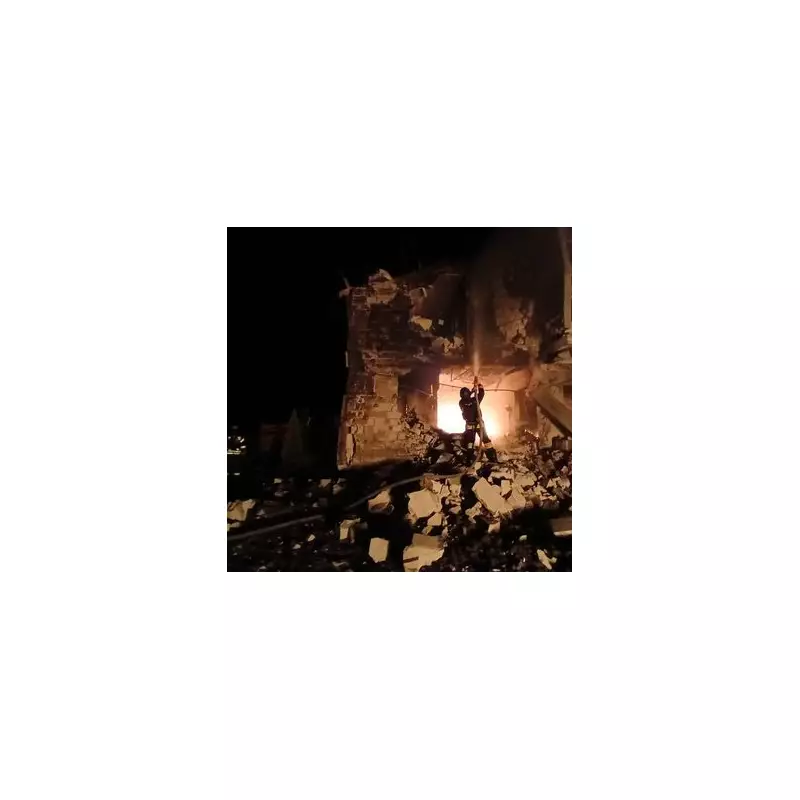
In a dramatic escalation of tensions, NATO forces were forced to scramble fighter jets to intercept a formation of Russian nuclear-capable bombers approaching UK airspace. The alarming incident saw RAF Typhoons launched from Lossiemouth in Scotland to confront two Tu-95 Bear H bombers and two Su-35 Flanker fighter escorts over the North Sea.
The Russian aircraft, capable of carrying nuclear weapons, were tracked heading towards British air defence zones, prompting immediate action from the UK's Quick Reaction Alert force. Defence sources confirmed the bombers never entered sovereign UK airspace but came dangerously close in what military analysts are calling a calculated provocation from Moscow.
NATO's Rapid Response
The interception occurred as part of a coordinated NATO response, with Norwegian F-35s also joining the operation to monitor the Russian aircraft's movements. This marks one of the most significant aerial confrontations in recent months, highlighting the ongoing tensions between Western allies and Putin's forces.
"This was a clear demonstration of Russia testing our defences and NATO's readiness to respond," a defence insider revealed. "The Tu-95s are no ordinary aircraft - these are the same bombers regularly used in missile strikes against Ukraine."
Strategic Significance
Military experts note the timing is particularly concerning, coming amid increased Russian military activity across Europe. The Tu-95 Bears, while vintage in design, remain a key component of Russia's strategic nuclear deterrent and have been frequently deployed in shows of force near NATO territory.
The incident follows recent warnings from Defence Secretary Grant Shapps about Russia's growing boldness in international airspace. "We're seeing increasingly aggressive posturing from Russian forces," one analyst commented. "These intercepts are becoming routine, but the nuclear capability of these aircraft means we can never become complacent."
Ongoing Vigilance
RAF pilots remain on high alert, with Quick Reaction Alert forces maintained 24/7 to protect UK airspace. The successful interception demonstrates NATO's continued commitment to collective defence amid rising geopolitical tensions.
As one military official stated: "Our pilots train relentlessly for exactly this scenario. When the call comes, they're ready to respond within minutes - and today proved why that vigilance remains essential for national security."





